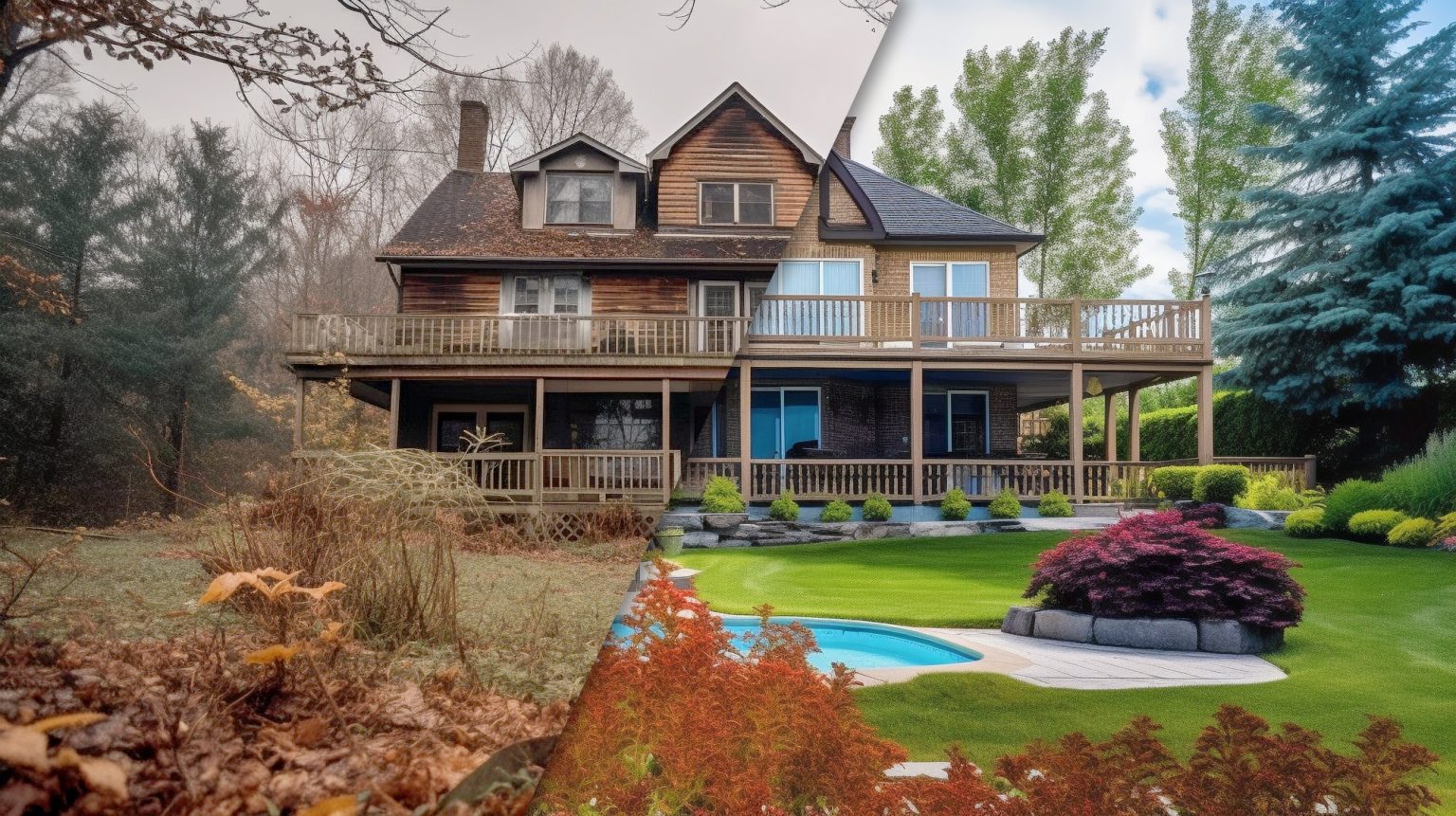Why Use a Garden Designer?
 I’m often asked the question: “Is is absolutely necessary to use a designer when it comes to creating my ideal garden?” I always think it is necessary because you would never design a house without using an architect. Any good garden designer will be keen to offer an integrated design approach. This means not simply adding, say, a lawn or patio into a particular space, without regard to how they work together. I always think it’s important that the elements within a garden space hang together in a meaningful way.
I’m often asked the question: “Is is absolutely necessary to use a designer when it comes to creating my ideal garden?” I always think it is necessary because you would never design a house without using an architect. Any good garden designer will be keen to offer an integrated design approach. This means not simply adding, say, a lawn or patio into a particular space, without regard to how they work together. I always think it’s important that the elements within a garden space hang together in a meaningful way.
It is vital that the hard and soft elements of the landscaping (i.e. constructed elements and plant material work together in a contrasting, yet harmonious way.)
COST EFFECTIVENESS
Couples will often say to me: “We saw these expensive paving slabs at the garden centre. They must be good, because they’re expensive!” Of course this is a folly. Good garden design can actually save money. A little bit of time looking at a project creatively, and imaginatively, can often mean less expensive materials used with flair. In particular, where a garden is on different levels, a client can often make big mistakes during the construction process, and this can often prove costly. A properly qualified garden designer will have surveyed the site accurately, they will have reflected the level changes in the design and factored in the cost of this work accurately.
USE OF CONTRACTORS
Contractors are always grateful to be supplied with clear and accurate drawings. It helps them to cost a scheme easily, because it will have been drawn to scale. The client can be assured that they will be quoted on exactly what is in the design, and in fact, the design becomes part of the contract. Moreover, when choosing a contractor (it is advised that three separate quotes are received before making a decision) the client can be assured that all quotes are based on the same information, and therefore, will be genuinely comparable.
An additional benefit to having a garden designed by a professional, is that, the client can be assured, that the contractor will be clear about what is expected from the scheme. This will avoid any potential dispute over interpretation of the design (often common when verbal instructions are used).
SITE SPECIFIC
A qualified designer will survey the clients site properly. Particularly, they will take note of levels, soil quality and pH, prevailing winds, screening issues, existing plant material, trees etc… Failure to work with these constraints can be problematic. For example, using exotic and tender plants on a windswept site, can lead to disappointing failure and a waste of money.







